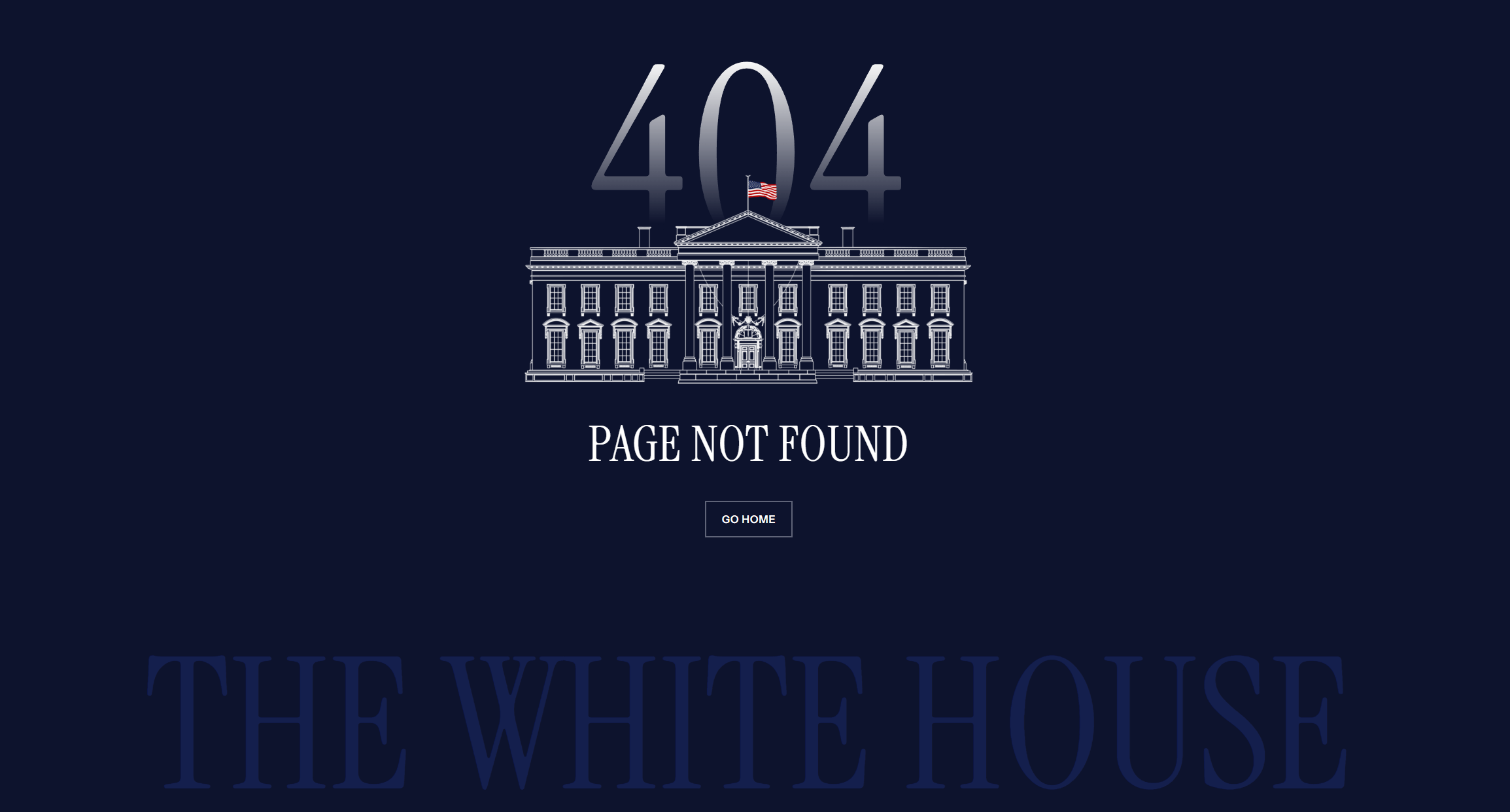Trump drafts executive order to block states from passing their own AI laws

President Donald Trump is preparing an executive order that would largely bar US states from enacting their own artificial intelligence regulations.
According to a draft obtained by The Verge, the order would centralize all AI-related lawmaking under the federal government. At its core is the creation of an "AI Litigation Task Force" within the Department of Justice, which would be tasked with suing states whose regulations the administration believes could hinder the growth of the AI industry. The document specifically points to California’s AI safety law requiring risk assessments for AI systems, and legislation in Colorado designed to prevent algorithmic discrimination.
In recent days, Trump has repeatedly called for a moratorium on local AI rules. Speaking at the US-Saudi Investment Forum, he argued that the country should not have "50 different AI laws" and said the move aimed to block the spread of "woke" ideology in the tech sector. The draft also lays out a 90-day implementation agenda involving multiple federal agencies, including the Department of Commerce, the Federal Trade Commission (FTC), and the Federal Communications Commission (FCC).
Executive order seen as Plan B after congressional setback
Under the plan, the Department of Commerce would have 90 days to identify states that may be violating the administration’s forthcoming AI policies and evaluate whether to withhold broadband funding from the BEAD program. The FTC would also consider whether certain state-level AI requirements could be classified as unfair or deceptive business practices.
As Punchbowl News reported, the draft serves as a Plan B for the White House in case Congress fails to include a moratorium on state-level AI laws in the annual National Defense Authorization Act (NDAA). Earlier attempts to attach similar provisions to Trump’s budget proposal fell short in the Senate.
AI News Without the Hype – Curated by Humans
As a THE DECODER subscriber, you get ad-free reading, our weekly AI newsletter, the exclusive "AI Radar" Frontier Report 6× per year, access to comments, and our complete archive.
Subscribe nowAI news without the hype
Curated by humans.
- Over 20 percent launch discount.
- Read without distractions – no Google ads.
- Access to comments and community discussions.
- Weekly AI newsletter.
- 6 times a year: “AI Radar” – deep dives on key AI topics.
- Up to 25 % off on KI Pro online events.
- Access to our full ten-year archive.
- Get the latest AI news from The Decoder.